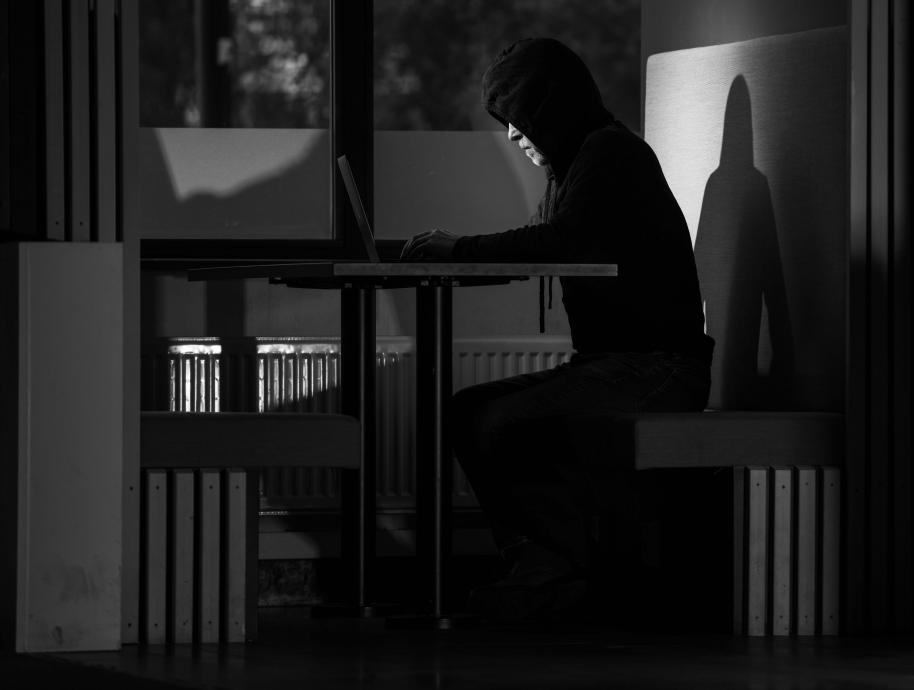
Radicalisation
Prevention of radicalisation is a common societal responsibility. Universities and university colleges must also take responsibility in this area.
- Freedom of speech and inclusion
-
The most important contributions by universities and university colleges are knowledge, democratic education and inclusive learning environments. It lays the foundation for safety, creativity and critically thinking individuals.
Universities and university colleges include and safeguard a diversity of students and employees with different backgrounds and different points of view, providing possibilities for debate and discussions in many arenas.
Academic freedom and freedom of speech are basic values in higher education and research. Employees and students can freely explore any field of study and express their points of view.
Researchers and lecturers must facilitate and stimulate debate and discussion. However, it is important to know what to do when something troubles you.
- Tell somebody if you are worried
-
- Have you observed changes in a person that leads you to wonder whether a person is undergoing an extremisation process?
- Do you have questions on anti-democratic radicalisation or violent extremism?
Contact the police at 02800 (24 hrs) and ask for the radicalisation contact in your district. Contact RVTS on 22 58 60 00 if you want to talk to somebody other than the police.
Everybody has the duty to prevent criminal acts (law data) (NO) that threatens life and health, when you deem it certain that the criminal act will be carried out. In these instances the duty to avert repeals any confidentiality duties.
- Preventative measures
-
The Preparedness Council has, in co-operation with the universities and university colleges, prepared “Suggested actions for prevention of radicalisation and violent extremism in the university and university college sector” (NO).
Each university and university college must establish their own measures. The Ministry of Education and Research emphasises the following (NO):
- Get to know each other
- Participate in the public debate
- Strengthen the offer of psychological help and counselling
- Include prevention of anti-democratic radicalisation and violent extremism in the Risk and vulnerability analysis for each institution.
- E-Learning
-
In these short e-learning modules (3-5 min) you can learn more on extremism:
- Radicalisation (e-learning 3-5 min)
- What are the characteristics of the radicalisation process? (e-learning 3-5 min)
- How can employees and students contribute to prevent radicalisation? (e-learning 3-5 min)
- What to do if you worry about radicalisation (e-learning 3-5 min)

 To install this app on your home screen: Press
To install this app on your home screen: Press